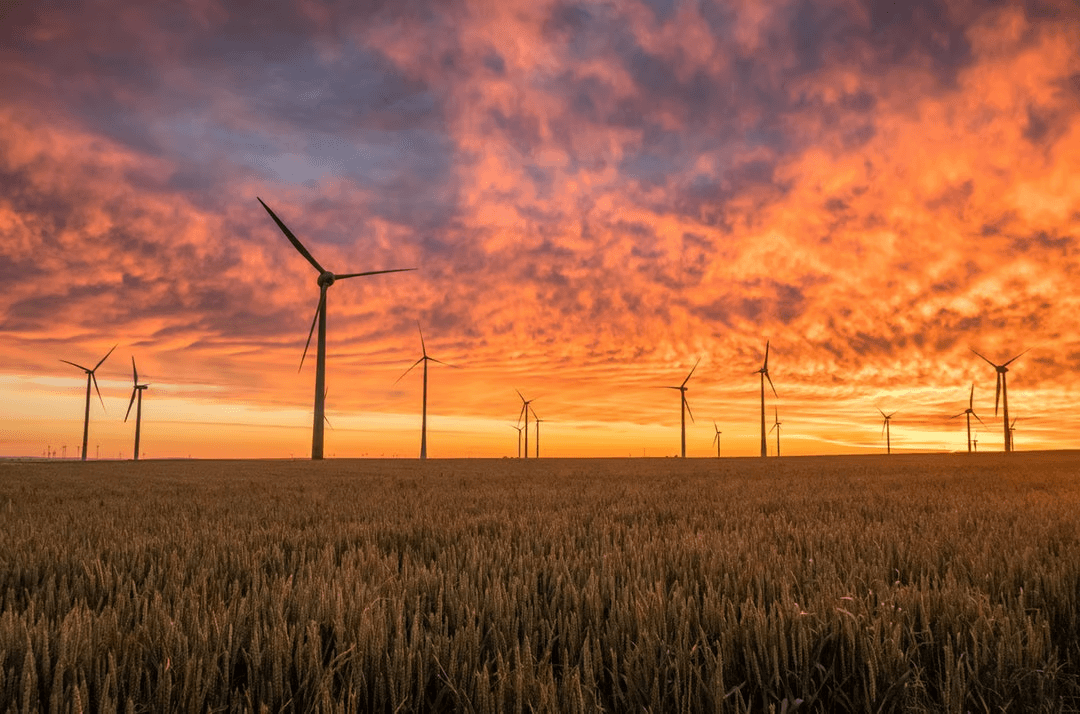
As the world continues to shift towards a more sustainable and renewable energy landscape, the importance of securing suitable and strategic land acquisition cannot be overstated. renewable energy land acquisition is a complex process that requires careful planning, negotiation, and project management to ensure the successful development of wind, solar, hydro, or geothermal energy projects. In this article, we will delve into the intricacies of renewable energy land acquisition, discussing the key considerations, benefits, and challenges involved in this critical process.
Before embarking on a renewable energy project, it is essential to identify and secure suitable land for the development of the project. This involves analyzing various factors such as wind patterns, solar radiation, water flow, and geological conditions to determine the best locations for the project. Land acquisition experts and project developers must work closely together to identify potential sites and negotiate with landowners to secure the necessary permissions and agreements.
One of the primary benefits of renewable energy land acquisition is the reduction of carbon emissions and the transition towards a cleaner energy mix. By developing renewable energy sources, countries can significantly reduce their reliance on fossil fuels and meet their climate change mitigation targets. Moreover, renewable energy projects can create new job opportunities, stimulate local economies, and improve energy security.
However, renewable energy land acquisition is not without its challenges. The process can be lengthy and complex, involving numerous stakeholders and regulatory approvals. Land acquisition experts must navigate complex legal and contractual agreements, while ensuring that the project meets environmental and social standards. Additionally, securing consent from local communities and stakeholders can be a significant hurdle, as resistance to large-scale energy projects is often encountered.
In recent years, there has been a growing trend towards community-based renewable energy projects, where local communities are involved in the development and ownership of projects. This model not only promotes community engagement and participation but also ensures that the benefits of the project are shared equitably among stakeholders.
In addition to the environmental and social benefits, community-based renewable energy projects can also provide economic benefits to local communities. By generating clean energy and reducing reliance on fossil fuels, these projects can help create new job opportunities and stimulate local economies.
Land acquisition experts must also contend with the challenge of securing suitable infrastructure and transmission lines to support the development of renewable energy projects. This involves working closely with local authorities, utility companies, and other stakeholders to ensure that the necessary infrastructure is in place.
In the face of growing global demand for energy and increasing concerns about climate change, renewable energy land acquisition will become increasingly important in the coming years. As the world transitions towards a more sustainable energy mix, land acquisition experts, project developers, and policymakers must work together to drive this transition forward.
Renewable energy land acquisition is a critical process that requires careful planning, negotiation, and project management to ensure the successful development of wind, solar, hydro, or geothermal energy projects. By identifying suitable land, securing consent from local communities, and navigating complex legal and contractual agreements, land acquisition experts can play a vital role in driving the global transition towards a cleaner energy mix.
By leveraging cutting-edge technology and innovative financing models, renewable energy projects can be developed more efficiently and effectively. Moreover, by engaging with local communities and stakeholders, project developers can help build trust and support for the project, reducing the risk of resistance and conflict.
In conclusion, renewable energy land acquisition is a complex and critical process that requires careful planning, negotiation, and project management to ensure the successful development of wind, solar, hydro, or geothermal energy projects. By identifying suitable land, securing consent from local communities, and navigating complex legal and contractual agreements, land acquisition experts can play a vital role in driving the global transition towards a cleaner energy mix.